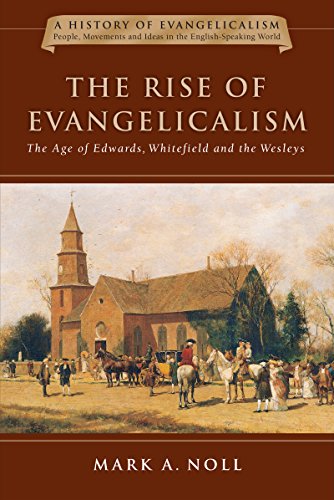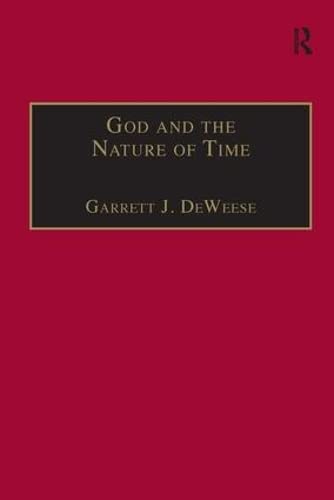Volume 31 - Issue 1
Killing the Messenger
By Robbie F. CastlemanA beautiful and vibrant woman in her mid thirties looked at a small piece of plastic held between her thumb and her index finger and got the surprise of her life. This over-the-counter soothsayer told her she was pregnant. Well, that explained a lot, she thought, but it also raised many questions—the biggest question being, ‘How do I tell my husband?’ They had been madly in love for most of their adult lives, faithful in their marriage and had enjoyed each other’s company from their first meeting, including a good laugh over dinner last night. But children were not, and never had been a consideration. The proof of ‘99% effective’ was held between her fingertips and the reality of surprise began to have a name. If it’s a girl …
She was in the middle of working through her good news, with all its wonder, gifts and demands when she heard her husband’s footsteps thundering down the stairs, (He’ll have to walk more softly once the baby is here to sleep!) As she turned to face him, her thought through movie-script-with-soundtrack was forgotten in the reality of the moment and she just blurted, ‘We’re going to have a baby!’
He stopped dead in his tracks, looked at the small plastic herald she was waving, took her in his arms and said, ‘Sweetheart, you know how much I love you, but, no we are not going to have a baby. This was not a part of our happiness, our envisioned future. Babies are costly, messy, demanding, life-threatening sometimes, and just not a part of what I signed on for when I fell in love with you. I love you, but I refuse to accept what you have just said. If this is a part of our lives, our relationship will no longer be fun, exciting or fulfilling for me and I may have to call it quits or, at least, distance myself from this whole thing.’
I pictured this scene when I reflected on a statement I read in a letter I received from one of my students who is on a two-year mission with Word Made Flesh in Bolivia. He wrote, ‘While Jesus both proclaims and embodies the Kingdom, we’ve become less concerned with reopening the message of Jesus, in his terms, than with proclaiming the significance of Jesus himself. We’ve embraced the messenger and torn up the message.’
Something rang true when I read this as his cultural critique of much North American comfortable, popular, Dove-awarded, and really exciting evangelicalism. We love our Sweetheart Jesus, croon valentine-hymns in ‘worship’, envision a happy, fulfilling and blessed future for our lives (it’s a ‘personal relationship’ don’t forget!). We really show our faithfulness by the bumper stickers on our cars, the message on our T-shirts and the things we don’t do. But, when Jesus surprises us with news we hadn’t thought through (the small print in the NT), we find it quite acceptable to ignore the message, dismiss it as fine for other people, or demand that it disappears because of who we are, what we need or the mood we’re in.
The fictional scenario that began this piece sounds outrageous to us. This husband is a real jerk! The couple has been incredibly self-serving and selfish. Even though this woman seems willing to accept the reality of this ‘surprise’, will she abort this baby in the light of her husband’s reaction to the news? There is not a Christian reading this who doesn’t see that what the couple thinks is love’ isn’t love at all. The man can’t love the messenger if he doesn’t love the message. It’s a part of her. And him. Does she really love her husband if she destroys the unexpected and demanding gift of their relationship? No.
Dietrich Bonhoeffer pointed out that Jesus makes it quite clear that he brings the Good News of the Kingdom as both a free gift and a costly demand. Jesus did not, and does not give us the option of ‘embracing the messenger and tearing up the message’. Jesus is both Messenger and Message. He is the Kingdom. He is Justice. He is Righteousness. He is the Way. He is Truth. He is What He Says. What Jesus says is: ‘You cannot love God and mammon’; ‘You can’t serve two masters’; ‘Love your enemies’; ‘Love one another’; Turn the other cheek’; ‘Give your coat, too’; ‘Lose your life to find it’; ‘Follow me’; ‘Choose the narrow gate, walk the small way, travel with the few’.
Every time we think we can say, ‘I love you, Jesus’, but I just can’t do that now—it’s not in my plans, it’s too costly, it’s inconvenient, others wouldn’t understand, I don’t understand, it’s not what I need right now’—we are that jerk of a husband above. Every time God still says to us, as he did to David, ‘You are that man!’ The initial step of David’s repentance was not tearing up the message. He heard it and he wept. David heard the Lion of Judah growl. David learned in that moment of confrontation what C.S. Lewis reflects in Mr Beaver’s description of the Christ-Lion of Asian, ‘Who said anything about safe? Course he isn’t safe. But he’s good. He’s the King, I tell you.’
The King of the Kingdom is good, the Lion of Judah is demanding and we need to hear the Lion growl when we try to pet him like a house cat, tame him by our own life-styles, domesticate his transcendence by our comfort zones or ignore his immanence by the insertion of our own priorities. Who is it we really hold in our embrace if we are embracing a messenger while tearing up the message? I often quote F.F. Bruce in an opening lecture for my NT classes in this regard. ‘The character of Jesus can only be known through the New Testament records.’ Not our wishful thinking, not our self-serving imaginations, not our most fervent hope or desperate need.
Jesus is the Word. Jesus is what he says he is. We evangelicals need recognise in our own sin, the other side of the same sinful coin of theological liberals who have, in many ways, celebrated the message while dismissing the Messenger. We love it when the Lion growls at ‘them’ while we sit in self-sanctified safety listening to our house cat purr.
Robbie F. Castleman






